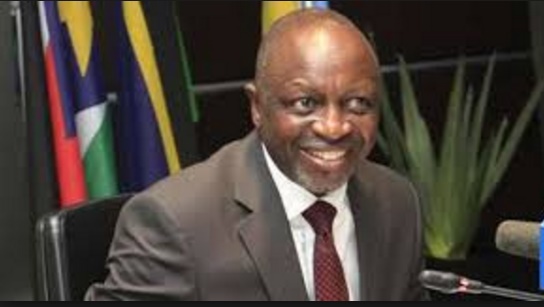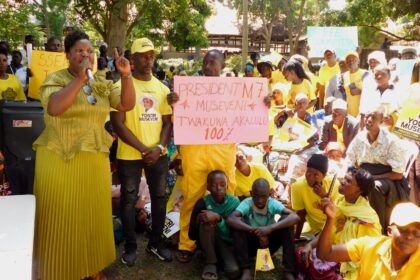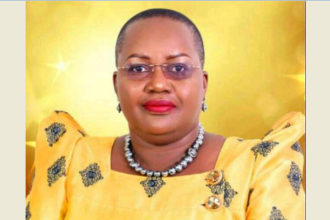Uganda is currently ranked 137 with score of 26 (Transparency International CPI Report, 2019), the report that rates 180 countries globally, out of which Denmark ranks highest at 87% score. The report further indicted that more than two-thirds of the countries including Uganda scored below 50%. The report attributes the growing corruption trends to the increased use of money in election processes. It indicated that countries where campaign finance regulations are comprehensive and systematically enforced have an average score of 70%, whereas countries where such regulations either don’t exist or are poorly enforced score an average of 34% and 35% respectively. 60% of the countries that significantly improved their CPI scores since 2012 also strengthened regulations around campaign donations. This therefore shows that as a country (Uganda), we still have a long way to go in the fight against corruption and by default, parliament should be at the forefront as the law gives them the mandate through oversight function.
For the last 3 weeks, media houses and social media in Uganda and the entire region were awash with the shs 10billion that parliamentarians allocated to themselves as a facilitation to fight COVID-19 in their respective constituencies. The action did not go down well to Ugandans who could not understand why MPs would take such a risk at a time of a crisis (COVID-19), yet the same arm of government had already passed a supplementary budget of over 94b to the Ministry of Health to deal with the pandemic. Interestingly due to public outcry, 2 smart MPs, my namesake Hon Gerald Karuhanga, Ntungamo Municipality and Erute North MP Hon. Jonathan Odur run to the Civil Court Division in Kampala to petition against the 10b shillings. This in a way brought some hope to many Ugandans including Civil Society Anti-corruption organizations and indeed it was achieved through the court ruling that has seen some MPs already refunding the monies. Thanks to the 2 MPs who are now supposed to face parliamentary disciplinary committee as directed by the Speaker of Parliament. This however speaks volumes about the in human-behavior of parliamentarians to their own electorates. It being the second arm of government, it’s supposed to exhibit high level of transparency, integrity, accountability and use their wisdom to push executive to enforce the anti-corruption laws. Unfortunately, the entity in recent years has been blemished with allegation of misrepresentation as majority MPs are now more of brokers contrary to their constitutional mandate of legislation, appropriation and oversight. The development in parliament it’s just a symptom of a bigger problem in the governance and management of public resources and a sign of weak financial regulation and weak political integrity. But why is it so! Could it be related to moral decadency driven by capitalism where money takes antecedence than service or is it due to the commercialization of politics? Nonetheless, government must restore public confidence to its system including parliament. Otherwise it might lose its legitimacy to legislation and oversight role and public confidence.
In order to restore public trust to the august house and other public entities, parliament must respect court ruling on the controversial 10b. They should not behave like the child who steals parent’s money to buy a pancake which he never eats as he was caught in the process and can’t complain since he is guilty. They should also be kind enough to apologize to Ugandans as they promise to serve Ugandans better than ever by limiting their mandates to Legislate, Appropriate and oversight function (constitution of the Republic of Uganda, 1995). Similarly citizens should continue interesting themselves in demanding for accountability from their leaders and refrain from superfluous pressure to their MPs to meet their demands as it’s not their mandate rather they should engage the other government structures right from local government for quality service delivery. This however must start during the budget consultation process by Ministry of Finance Planning and Economic Development. Finally government should implement electoral related laws to minimize commercialization of politics for sustainable democracy.
Gerald Padde Auku,
Transparency International Uganda
Do you have a story in your community or an opinion to share with us: Email us at Submit an Article







